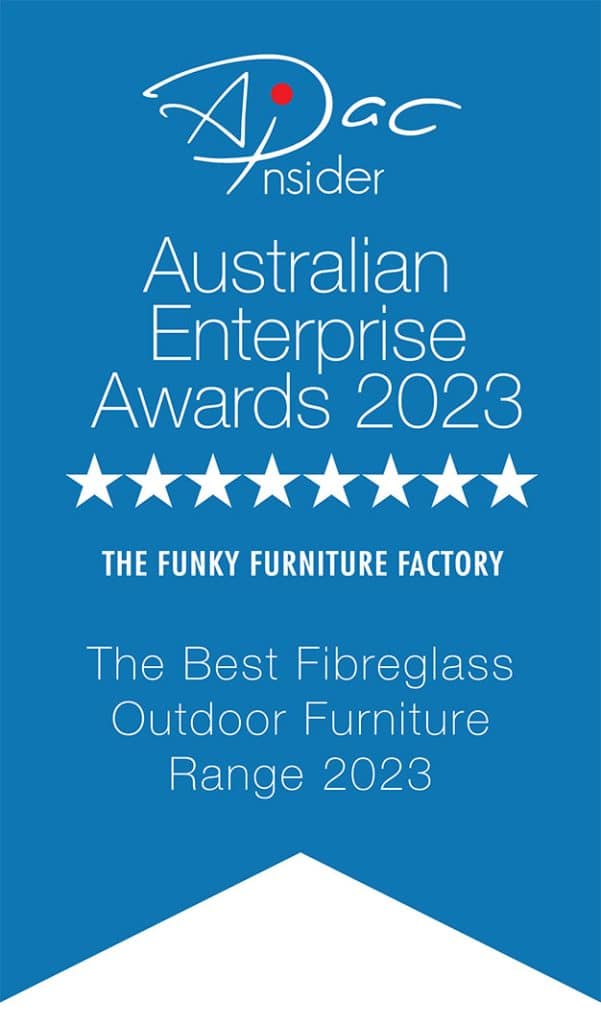Furniture designed for outdoor public spaces includes a diverse range of products such as seating, sunscreens, compartments, ashtrays, trash bins, planters, information displays, bicycle stands, and more. With the increasing popularity of LT device chargers, charging stations are becoming more common in these public spaces. Among the various types of furniture elements, seating items are the most common. The design of these seating items depends on their intended purpose, with different types of seating being suitable for different environments such as sports facilities or restaurant terraces. Additionally, the size and type of outdoor public seating also depend on the age of the intended users. Seating for kindergartens would be designed to be age-appropriate for children while seating in parks would be designed to meet the ergonomic requirements of adult users.
OUTDOORS
The variety of outdoor public seating options available today is impressive, ranging from individual chairs, stools, and chaise lounges to benches for group seating. This furniture can either be mobile or fixed in place by attaching it to floors or walls.
Bench designs come in various materials, colours, and styles to suit different locations and functions, such as parks, green spaces, and town squares.
MATERIALS
When it comes to selecting materials for outdoor benches, durability and resistance to atmospheric conditions are crucial. Modern materials such as polypropylene and polyethylene are ideal for producing outdoor seating due to their design flexibility and ability to create complex forms.
Concrete benches offer interesting shapes that are organic, soft, and gentle in appearance, despite being made from a robust material. These benches are suitable for use on streets and at bus stops, with linear or curved shapes and various finishes. The richness of colours available allows for easy integration into the environment, with appropriate surface protection. Fibreglass can also be used to create the same forms.
Metal is also an excellent choice for producing public furniture, including benches and other components. Decorative perforated metal sheets, usually made of aluminum, can provide unique lighting effects in the evening. Manufacturers pay special attention to the edges to prevent injury to users.
In recent times, producers have given particular attention to the ecological characteristics of materials used in outdoor public seating. Aside from quality and durability, environmentally friendly materials that do not pollute the environment during production, installation, and operation are now a top priority.
FUNCTIONALITY
Outdoor public benches have evolved to include functional features such as planters, lighting, and bicycle holders. With work becoming an integral part of everyday life, benches are now designed to include solar-powered USB chargers and wireless internet access, transforming them into alternative workstations or entertainment hubs.
This new trend calls for a fresh approach to the design of public seating furniture, ensuring that it caters to the needs of contemporary users. Architects and landscape designers must incorporate outdoor furniture into various environments, such as rich urban spaces, modern city squares, parks, or sports facilities, while always prioritising a user-friendly environment.
Materials for these benches must be durable and resistant to atmospheric conditions. Modern materials such as polypropylene and polyethylene allow for complex designs, while concrete benches offer unique forms and are suitable for streets and bus stops. Metal sheets, such as aluminum, can be decoratively perforated with lighting effects for added design flair. Producers now prioritise materials that are both eco-friendly and durable, ensuring that they do not pollute the environment in any phase of production, installation, and operation.


